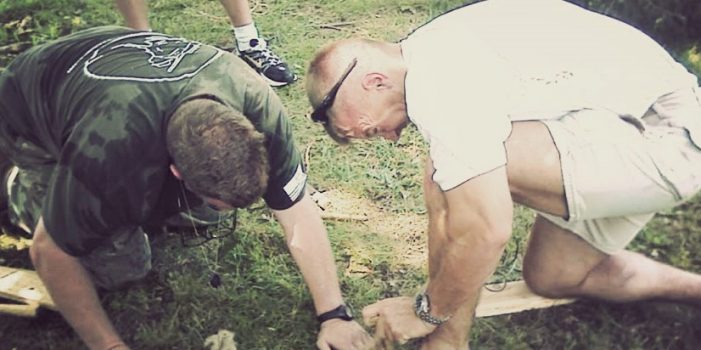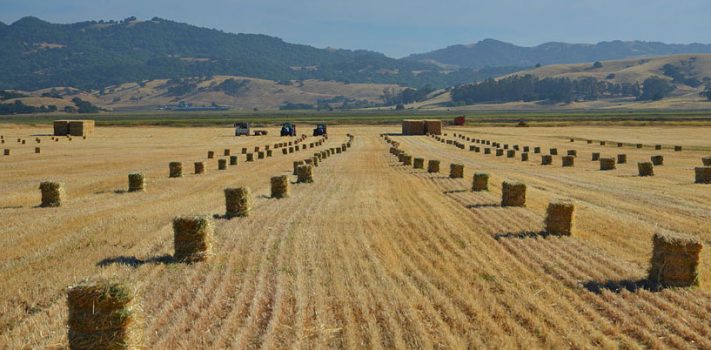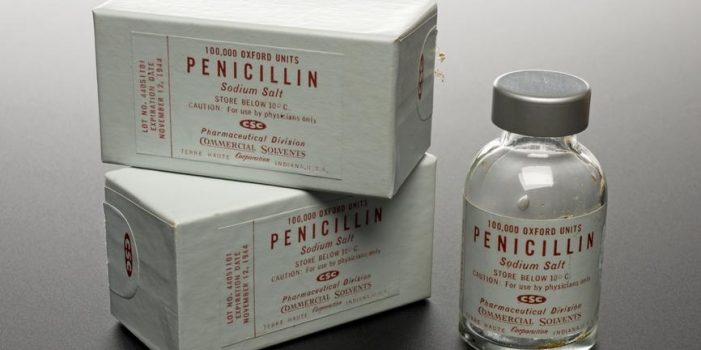A Review of OnPoint Tactical’s Off-Grid Medicine Course, by JR
…the equivalent of prescription strength meds –Checking vitals –Various medical bags, what he carries, what is pointless, how to package and pack supplies for ease of use, etc. –Where to get supplies, especially reusable supplies –Dehydration, and how to hydrate without an IV (because inserting an IV is a perishable skill, and it’s really hard even for trained personnel to put an IV into someone who is seriously dehydrated) Unlike the attached picture suggests, this class is all indoors, other than the brief plant walk we took with the herbal medic Sam Coffman. The herbal portion of the class covered two days. It covered the process of making herbal tinctures, the importance of understanding the herbs you use (do no harm), combining herbs to achieve the best results, herbal antibiotics. Again, this is not first aid. It’s not EMT school. This is stuff most parents would love to know before…





